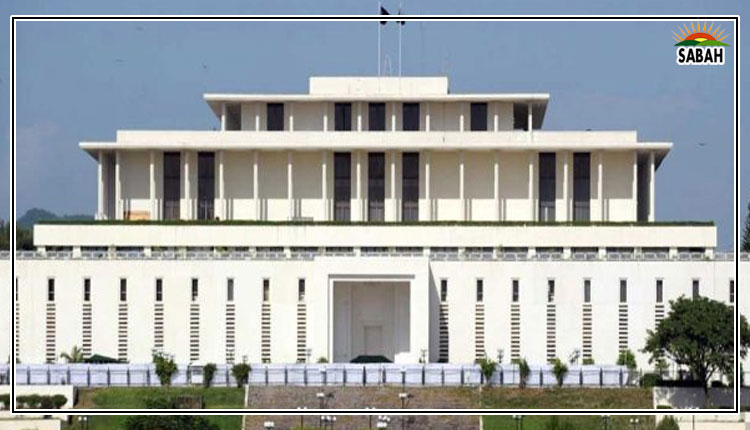Climate authority meeting reviews measures for boosting climate resilience
ISLAMABAD, Oct 06 (SABAH): A powered meeting of the national climate change authority (NCCA) was held to review the implementation of the various measures proposed in the national climate change policy for climate change resilience of various socio-economic sectors, particularly energy, water, agriculture, public infrastructure, according to a press statement issued here on Sunday.
The meeting discussed at length the future course of actions for enhancing collaboration with all relevant federal and provincial government organisations for addressing various climate impacts, particularly floods, heat waves, glacial lake outburst floods, shifting rainfall patterns, changing river flows and groundwater depletion. The meeting also pondered over efforts to formulate and coordinate climate change mitigation, adaptation and resilience-building ongoing and future plans, projects, and programmes to meet Pakistan’s obligations under international conventions, including the United Nations Framework Convention on Climate Change.
In her statement, Coordinator to Prime Minister on Climate Change, Romina Khurshid Alam, said on the occasion that present government is increasingly focusing on climate change resilience of Pakistan, recognising that the country is highly vulnerable to climate change impacts, including extreme weather events, floods, droughts, and glacial melt. “The present government is committed to enhance Pakistan’s climate resilience by protecting people, their lives and livelihoods from the adverse impacts of climate change by utilizing all available resources, capacity and technical know-how,” Romina Khurshid Alam said.
Earlier, in her welcome remarks, the climate change and environmental coordination ministry secretary Aisha Humera Moriani highlighted Pakistan’s growing climate vulnerability and exacerbating impacts of the climate change-caused disasters. Climate change and environmental coordination ministry said that Pakistan is among the countries most affected by climate change, despite contributing relatively little to global greenhouse gas emissions. But, for tackling these climate risks as a environmentally-responsible country, the government is shaping its response to the climate risks in the light of its national policies, international commitments and regional initiatives aimed at strengthening climate resilience and reducing vulnerability, particularly for the most affected communities in marginalized and poverty-hit parts of the country, she remarked.
Attended by the climate change authority’s member coordination, member finance, and member mitigation and other senior officials of the ministry and other provincial governmental organisaations, the meeting also deliberated upon plans and programmes for the country’s transition towards a low-carbon and climate-resilient future. The meeting agreed to roll out a roadmap for prioritising climate actions so as to take forward the country’s climate resilience-building in close coordination and collaboration with the provinces and other relevant stakeholders.












